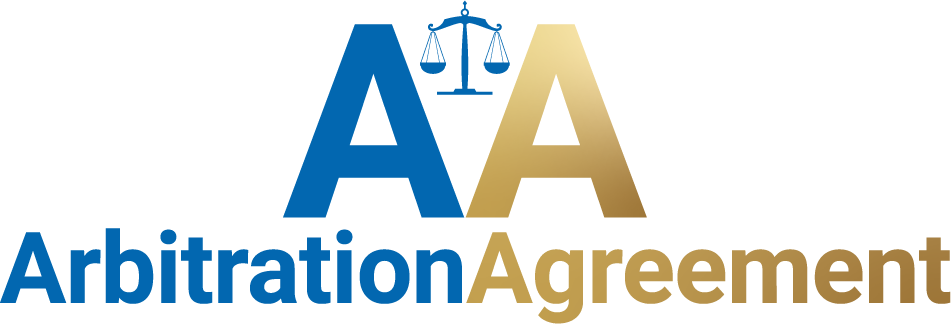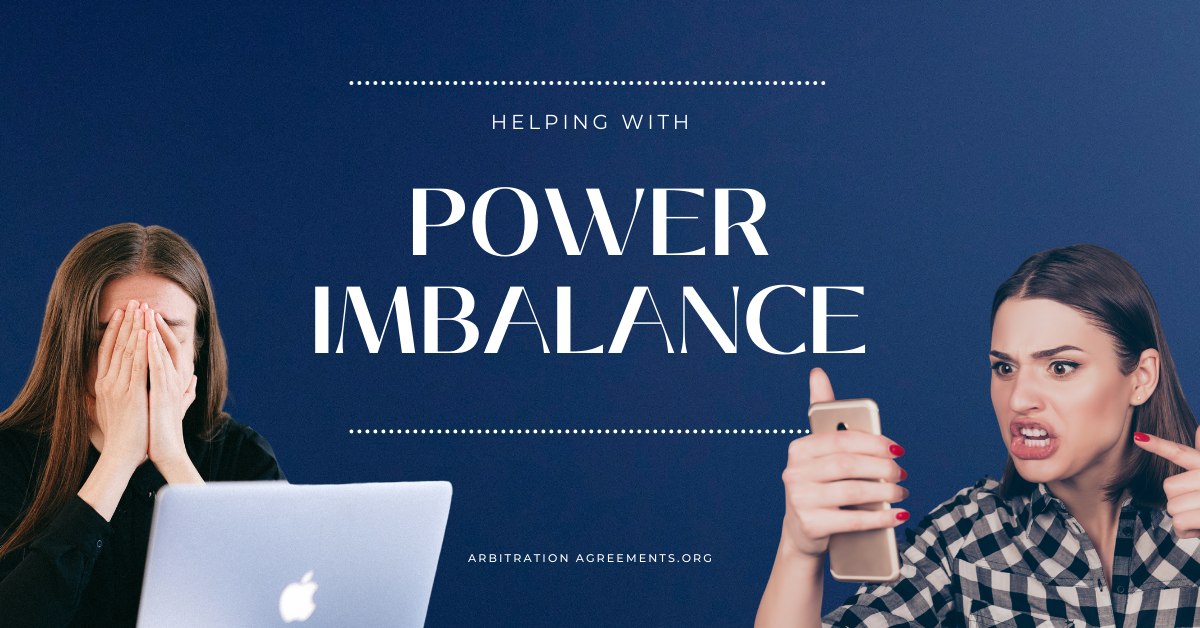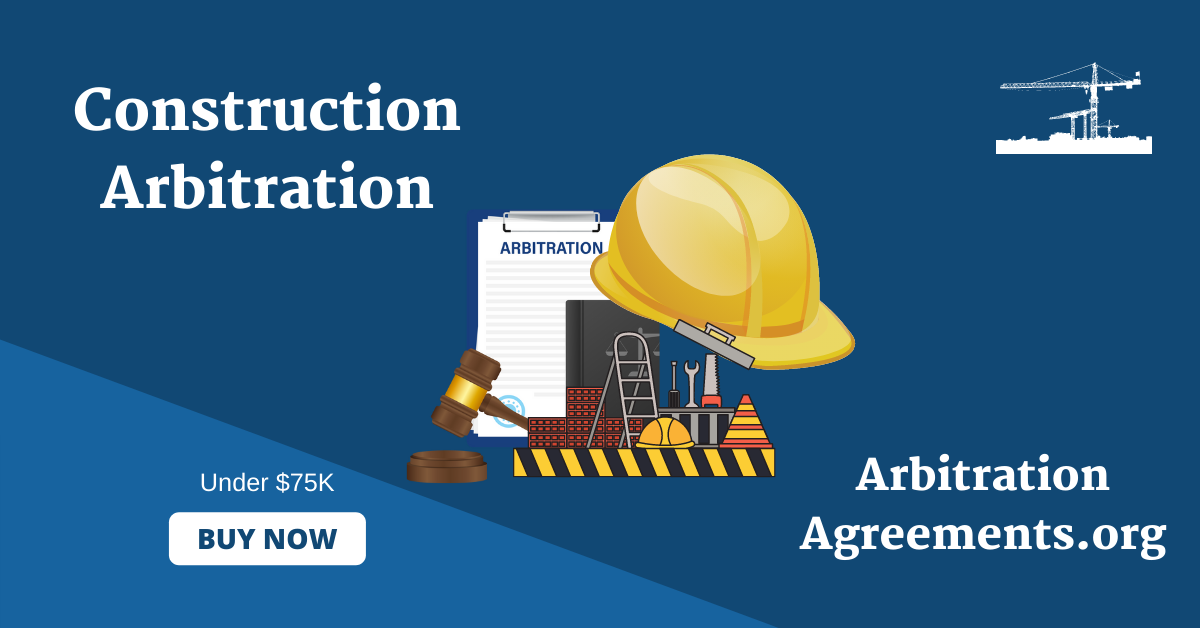How the Arbitration Decision Process Functions
An arbitration decision for any legal dispute gets referred to as the “award.” Think of it like the verdict of a jury or judge at the end of a court case. Before the arbitral decision, an arbitrator must assess evidence and listen to arguments. Then, an arbitrator/arbitral tribunal will conclude the hearings. This means the parties cannot present any more arguments or evidence. The next step involves an arbitrator writing the official award. This award almost always refers to a financial figure.
Our association can then provide a party with an award once it’s ready.
The exact decision process always depends on terms in an arbitration agreement. The date that an award goes to a party always differs. But our organization has rules that it must get provided within 30 days after hearings. Let’s learn more about the decision process by going over the basics of arbitration.
Visit Arbitration Association
Learn about Interest Arbitration
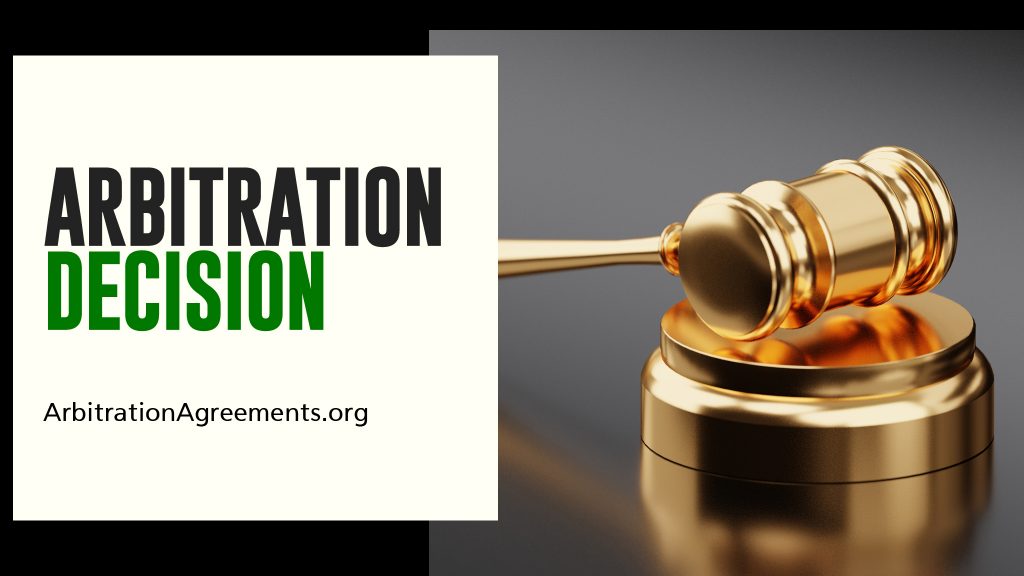
What Is Arbitration?
Arbitration functions as a private legal process. Two disputing parties make an agreement to arbitrate. This way, one or several people can make a binding decision. That decision will resolve the dispute. But before a decision gets made, an arbitrator must take two key actions. He or she must analyze evidence and pay close attention to arguments. Arbitration is not the same as mediation. In mediation, a mediator does not have the authority to make a binding decision.
The mediator can only suggest potential solutions.
Meanwhile, an arbitrator has complete authority to put a lasting decision in place. This applies even if one or both parties dislike the decision. Think of the arbitration process like a trial in a US courtroom. Parties begin by making opening statements. They then present evidence before an arbitrator or panel of three arbitrators. Arbitration features many legal aspects that contrast with traditional trials. Arbitration almost always gets completed faster. Plus, it is less formal. Most of the time, parties do not even have to follow state or federal rules of evidence.
Once an arbitration hearing is over, an arbitrator provides the award.
That award accompanies an official arbitration decision. Some awards will only announce the decision. This refers to a "bare bones" award. But other arbitrators provide reasons for an award. In fact, that’s what a "reasoned" award is. Every arbitration process features either binding or non-binding legal status. Say that arbitration is binding. (Most arbitrations are.) That means the arbitrator’s decision is final no matter what. The decision can get enforced by any US court ASAP. Very narrow grounds exist for appealing a decision after arbitration. Now, say that arbitration is non-binding. This means the arbitrator’s award only serves as an advised opinion. The award only becomes final when both parties accept it.
Visit Mandatory Arbitration Provision
Also visit Arbitral Tribunal
Visit Mediation and Arbitration
Visit Arbitration vs Mediation vs Litigation
How Can a Party Ensure the Opposing Party Follows the Arbitration Award & Decision?
Most parties volunteer to adhere to an arbitrator’s decision. But our association (and each arbitrator) do not have authority to make a party accept an award. So, say that one party wins an arbitration dispute. And the other party will not do what the award states. The winning party can go to US court. This way, that party can confirm the official legal and binding status of the award.
Under our organization’s rules, parties in cases make an agreement about any award.
They accept that an award gets entered as a judgment. This applies to any state or federal court featuring jurisdiction. Next, a court will enforce the award like it would with any other legal judgment. The arbitrator and our association aren’t involved with the dispute any longer. This applies as soon as the final award gets sent to both parties. Keep in mind that every state has its own arbitration laws and rules. Parties must adhere to them when accepting or rejecting an award.
Can an Arbitrator Make a Modification of an Award or Decision?
As of now, an arbitrator can change the final terms of an award. This applies to our own association’s arbitration rules. But keep the following notion in mind. Limited reasons exist for modifying an award or decision. Plus, there is a very short window of time to do so. Here is what our decision and award rules state. A party can ask an arbitrator to correct errors featured in the final award. This refers to clerical, computational, and typographical award errors.
An arbitrator cannot reconsider merits related to any decided issues.
Parties must request a modification within 20 days once a final award gets sent out. Then, the opposing party has 10 days to provide a response to the request. An arbitrator now has 20 days to rule on the award modification request. Please keep in mind that our association’s rules are subject to change. You're welcome to call us now for up-to-the minute arbitration rules.
Also check Forced Arbitration
Click Pre Dispute Arbitration Clause
Must read Federal Arbitration Act
Checkout Binding Arbitration Definition
More About the Arbitrators' Decision
Arbitration awards get rendered by a panel of independent arbitrators. These arbitrators get selected by both parties. The main task of an arbitrator is providing a final, binding decision. Our association can provide any party with a custom arbitration forum. Our forums adhere to all SEC rules. Of course, our staff members play no part in deciding an arbitration award.
Once hearings are over, an arbitration panel has to assess all the evidence.
Then, the arbitrators will deliberate together. Their focus is on deciding what a claimant deserves as an award. Or, a decision could state that the claimant does not deserve an arbitration award. Three arbitrators on a panel will now vote on the proposed decision. The majority of arbitrators then determine the decision and award. A decision does not have to function in a unanimous manner for it to hold validity.
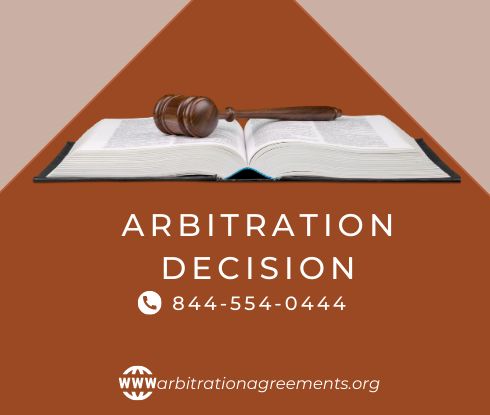
How Does an Arbitrator Make a Decision?
An arbitrator can only make a decision after listening to both sides in each dispute. Arbitrators have to examine evidence that every party submits. Only then can each arbitrator make an informed decision about the outcome. An arbitrator might need to hold several meetings with the parties. Then, the arbitrator puts in place his or her decision. That decision refers to the award. And the award holds official legal binding status in the US court of law.
How Long Does an Arbitrator Have To Make a Decision?
Per our association’s current rules, an arbitrator has 30 days to make a decision. In fact, 30 days is the standard time frame that almost all arbitrators have. This applies to arbitrations services across the country. Do you want to receive a complete list of our association’s official arbitration rules? If so, you're welcome to call us right now. Or, you can message us on our website or email us.
What Happens After the Arbitration Decision?
An arbitrator's final decision for any dispute refers to the “award.” The award functions like the decision of a jury or judge in a court case. Since arbitration is binding, both parties must accept the award and decision ASAP. If not, the winning party might have to go to a US court. This way, the court can confirm the arbitration award in a legal manner.
Can I Sue After Arbitration?
No, you cannot sue a party once an arbitrator makes a decision and provides an award. In fact, the odds of you suing that party even before the binding decision are slim. That’s because almost all arbitration agreements forbid lawsuits from taking place. Say that you sign an average arbitration agreement. This means that you cannot pursue legal action against the other party.
More About the Average Arbitration Award Process
All arbitration awards get presented in writing. But an arbitrator does not have to write down his or her opinions. An arbitrator also doesn’t have to provide reasons or explanations about a decision. Every arbitration panel provides an award within 30 business days. These days begin on the date that the arbitration record gets closed. All rendered arbitration awards become final. They're never subject to a legal appeal or review. (Except under very limited circumstances.) If you need a list of exceptions to this, please contact our association today.
Our experts can guide you through a list of challenges to an arbitration award.
Through the award, a panel must decide the terms of costs and forum fees. Arbitrators then might divide certain costs and fees to specific parties. Next, the award gets signed by the majority of arbitrators. Our organization can then provide copies of the award to each party. Or, to a representative of one or both parties. We can make any arbitration award information available to the public for free. Our experts will post the awards in the Arbitration Awards online resources. Please let us know if you would like to view some sample arbitration awards. We can send you samples that apply to your specific dispute.
Challenging an Arbitration Award & Decision
Our association does not use an official award appeals process. We cannot assist a party challenging an award in a legal manner. This means our organization will not hear appeals for arbitration awards. But there are grounds where a party can appeal an arbitration award or decision. The party must adhere to state and federal laws. Keep in mind that this is not an easy process. A party needs strong evidence that fraud, misconduct or corruption took place. Or, that an arbitrator was partial to one of the arbitrators. The odds of one of these situations warranting a valid legal challenge are slim. That’s because our association uses a database of renowned arbitrators. We would never connect a party to an arbitrator that has a history of corruption. (Or any other negative aspect that applies to an arbitration decision.) Do you need more information about how to challenge a decision or award? If so, please contact our arbitration experts today.
Do You Need More Information About the Arbitration Decision Process? Our Experts Are Standing By
Would you like to learn more about how an arbitration decision functions? If so, our association can assist. We can provide you with any arbitration information that you need. From rules about appealing an award to a list of qualified arbitrators. All you've got to do is pick up the phone and call our organization. Or, you can send an email or message us on our website. No matter your legal situation, our mission is to help you succeed. And we can do so by giving you access to the best arbitration tools and resources. When it comes to all aspects of arbitration, you can depend on us.
